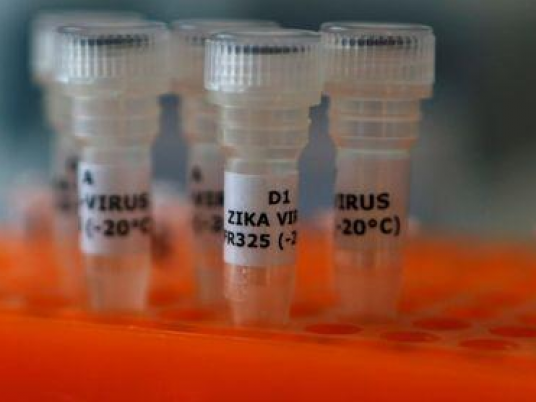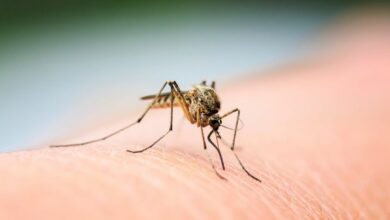
A pair of experimental vaccines being developed by the US National Institutes of Health protected monkeys against zika virus infection after two doses, researchers said Thursday.
One of the vaccines, known as VRC5288, has already begun early trials in humans to test safety and efficacy, according to a study published in Science.
A phase 2 trial in zika-endemic countries could begin next year, officials said.
The second vaccine (VRC5283) is awaiting a Phase 1 clinical trial start date.
The research involved vaccinating rhesus macaques using "the two different experimental zika DNA vaccines in different doses," said the NIH in a statement.
Two doses were "highly effective" at protecting macaques exposed to an infectious dose of zika virus.
Experts say it will be years before a vaccine is developed to prevent infection from zika , which is particularly dangerous to pregnant women because it can cause brain defects in the fetus.




